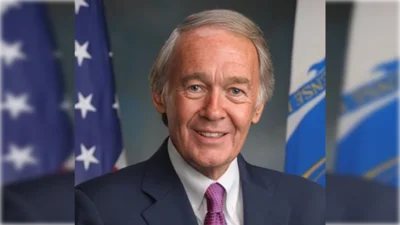Washington DC-Today, Chairman Issa released a letter to the President challenging the legal basis for his assertion of executive privilege over deliberative Justice Department documents relating to Operation Fast and Furious, but his letter omitted key information from the primary judicial case on which his argument relies.
In his letter to the President, the Chairman asserted that “courts have never considered executive privilege to extend to internal Executive Branch deliberative documents." The Chairman’s letter cited what it called “the seminal case" of In re Sealed Case (Espy), which was decided by the U.S. Court of Appeals for the District of Columbia and held that “it is operational proximity to the President that matters in determining whether the president’s confidentiality interest is implicated."
The Chairman’s letter failed to note that the Espy decision discussed two types of executive privilege: one covering presidential communications and one covering deliberative Department documents. This distinction is significant because the President’s assertion of executive privilege in the current case utilizes the second.
The Chairman’s letter omitted key passages from the Espy case that make very clear the scope of the deliberative process privilege. For example, the Espy case states:
* “The most frequent form of executive privilege raised in the judicial arena is the deliberative process privilege; it allows the government to withhold documents and other materials that would reveal ‘advisory opinions, recommendations and deliberations comprising part of a process by which governmental decisions and policies are formulated.’"
* “Two requirements are essential to the deliberative process privilege: the material must be predecisional and it must be deliberative.’ … Both requirements stem from the privilege’s ‘ultimate purpose[, which]... is to prevent injury to the quality of agency decisions’ by allowing government officials freedom to debate alternative approaches in private."
The Committee’s credibility is undermined by failing to include this key information in a letter to the President and mischaracterizing the federal court ruling in Espy. The court’s full opinion in Espy can be found here.









